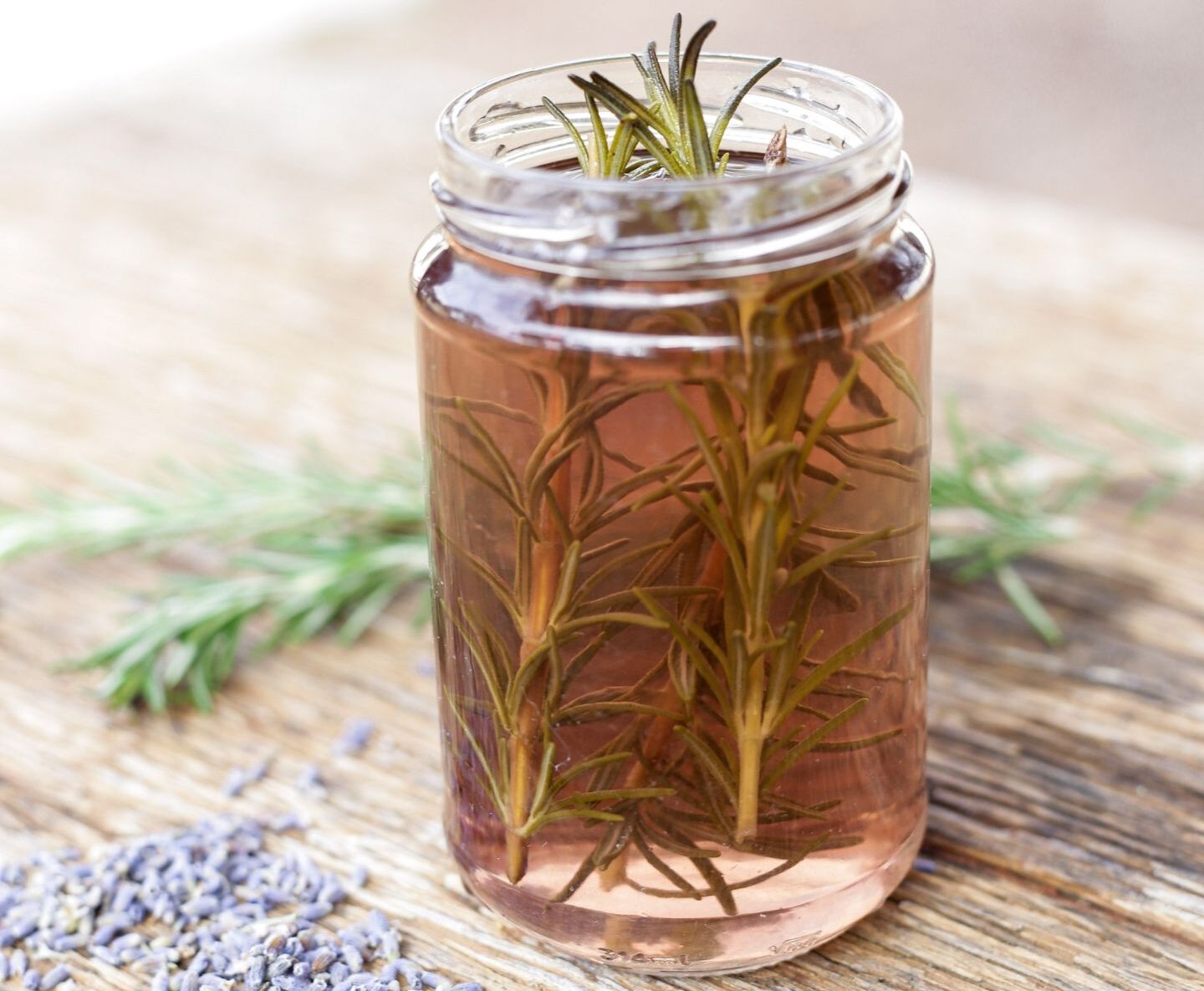

Articles
How To Store Rosemary Water
Modified: February 26, 2024
Learn how to properly store rosemary water with our informative articles. Discover the best methods for preserving the freshness and potency of this herbal infusion.
(Many of the links in this article redirect to a specific reviewed product. Your purchase of these products through affiliate links helps to generate commission for Storables.com, at no extra cost. Learn more)
Introduction
Rosemary water is a versatile and refreshing herbal infusion that offers numerous health benefits. Derived from the leaves of the rosemary plant, this aromatic and flavorful water is easy to prepare and can be enjoyed as a beverage, used in cooking, or incorporated into skincare routines. In addition to its delightful taste and fragrance, rosemary water is loaded with antioxidants, vitamins, and minerals that can support overall well-being.
In this article, we will explore the benefits of rosemary water, how to choose the right rosemary, the process of harvesting fresh rosemary, and finally, we will discuss the best methods for storing rosemary water to ensure its longevity.
Key Takeaways:
- Embrace the versatility of rosemary water, from boosting digestion to promoting hair and scalp health. Select fresh rosemary, harvest it correctly, and savor the delightful flavors in your daily routine.
- Store your homemade rosemary water with care to maintain its freshness and potency. Keep it in airtight containers, refrigerate, and consider freezing for extended enjoyment.
Read more: How To Store Rosemary Water For Hair
Benefits of Rosemary Water
Rosemary water offers a wide range of health benefits, making it a popular choice among herbal enthusiasts. Here are some of the key advantages of incorporating rosemary water into your daily routine:
- Boosts Digestion: Rosemary water has been traditionally used to improve digestion. It can help alleviate symptoms such as bloating, indigestion, and flatulence by promoting the secretion of digestive enzymes.
- Enhances Cognitive Function: The antioxidants present in rosemary water can help protect the brain from oxidative stress and may improve memory and concentration. It is often used as a natural remedy for mental fatigue and to support healthy brain function.
- Supports Immune System: Drinking rosemary water can provide a boost to your immune system. The water is rich in vitamins A and C, antioxidants that have immune-strengthening properties, helping to fight off infections and prevent illnesses.
- Relieves Stress and Anxiety: The aroma of rosemary has a calming effect on the nervous system. Drinking rosemary water or using it in aromatherapy can help reduce stress, anxiety, and promote relaxation.
- Promotes Hair and Scalp Health: Rosemary water is known for its beneficial effects on hair and scalp health. When used as a rinse, it can stimulate hair growth, prevent dandruff, and add shine to your locks.
These are just a few of the many benefits that rosemary water offers. It is important to note that individual experiences may vary, and it is always advisable to consult a healthcare professional before making any significant changes to your diet or lifestyle.
Choosing the Right Rosemary
When it comes to choosing rosemary for making rosemary water, it’s important to select fresh and high-quality herbs to ensure the best flavor and potency. Here are a few tips to keep in mind when selecting rosemary:
- Look for a vibrant green color: Choose rosemary sprigs that have a vibrant green color. Avoid any wilting or yellowing leaves, as this can indicate that the herb is past its prime.
- Smell the rosemary: Give the rosemary sprigs a gentle squeeze and take a whiff. The aroma should be strong and fragrant, with a distinct pine-like scent. This indicates that the rosemary is fresh and flavorful.
- Avoid dried or crushed rosemary: While dried rosemary can be used for various purposes, it is best to opt for fresh rosemary when making rosemary water. Fresh rosemary will impart a stronger flavor and aroma to the water.
- Consider organic or homegrown options: If possible, choose organic rosemary or grow your own in a herb garden. This ensures that the rosemary is free from pesticides and other harmful chemicals.
- Opt for tender, young sprigs: Young rosemary sprigs are softer and more tender, making them easier to infuse in water. They also tend to have a milder flavor, which can be preferable for those who are not accustomed to the strong taste of rosemary.
By selecting fresh and high-quality rosemary, you can ensure that your rosemary water is rich in flavor, nutrients, and aroma. Remember to give the rosemary sprigs a rinse before using them to remove any dirt or impurities.
Harvesting Rosemary
Harvesting fresh rosemary is a rewarding process that allows you to enjoy the full flavors and aromas of this versatile herb. Here are some guidelines to follow when harvesting rosemary:
- Choose the right time: It’s best to harvest rosemary in the morning when the essential oils are at their peak concentration. The flavor and fragrance will be the strongest during this time.
- Use sharp pruners or scissors: To harvest rosemary, use a pair of sharp pruning shears or scissors. This will ensure clean cuts and prevent damage to the plant.
- Select mature branches: Look for mature branches that are at least 6 inches in length. These branches will have a good amount of leaves for use in rosemary water.
- Trim from the outer part of the plant: When harvesting rosemary, trim the branches from the outer part of the plant. This allows the inner portion of the plant to continue growing and ensures its overall health.
- Snip just above a leaf node: When cutting rosemary branches, make the cut just above a leaf node or where two leaves meet the stem. This will encourage new growth and a bushier plant.
- Leave enough foliage: Avoid cutting more than one-third of the plant’s foliage at a time. Leaving enough foliage allows the plant to continue producing essential oils and maintain its overall health.
After harvesting the rosemary branches, give them a gentle shake to remove any insects or debris. Rinse the sprigs under cool water to remove any remaining dirt.
Remember, rosemary is a hardy plant, so it will continue to grow and produce fresh leaves for future harvests. Harvesting rosemary regularly promotes bushier growth and ensures a steady supply of fresh herbs for your rosemary water.
Store rosemary water in a clean, airtight glass container in the refrigerator. It will stay fresh for up to a week.
Preparing Rosemary Water
Preparing rosemary water is a simple and enjoyable process that allows you to extract the flavors and beneficial compounds of the herb. Follow these steps to prepare your own rosemary water:
- Gather the ingredients: You will need fresh rosemary sprigs, water, and a pot or kettle for boiling.
- Wash the rosemary: Rinse the rosemary sprigs under cool water to remove any dirt or impurities. Pat them dry with a paper towel.
- Prepare the water: Measure the desired amount of water and pour it into a pot or kettle. It’s best to use filtered water to ensure that the flavors of the rosemary are not overpowered by any impurities.
- Add the rosemary: Place the rinsed rosemary sprigs into the pot of water. For a more intense flavor, you can gently bruise the leaves of the rosemary using a mortar and pestle before adding them to the water.
- Bring to a boil: Place the pot on the stovetop and bring the water to a gentle boil. Allow the rosemary to simmer in the boiling water for about 5 minutes.
- Steep the rosemary: After simmering, remove the pot from the heat and let the rosemary steep in the water for an additional 10-15 minutes. This will further infuse the water with the flavors and aromatic compounds of the rosemary.
- Strain the water: Using a fine-mesh strainer or cheesecloth, strain the rosemary water to remove any solid particles or leaves. This will result in a clean and clear infusion.
- Allow it to cool: Once strained, allow the rosemary water to cool to room temperature. You can transfer it to a container with a lid or a glass bottle for convenient storage.
Your homemade rosemary water is now ready to be enjoyed! You can drink it as a refreshing beverage, use it as a base for herbal teas, add it to your culinary creations, or incorporate it into your skincare routine.
Remember, the flavor and strength of the rosemary water can vary depending on personal preference and the specific variety of rosemary used. Adjust the amount of rosemary and steeping time according to your taste preferences.
Read more: How To Store Rosemary
Storing Rosemary Water
Proper storage ensures that your rosemary water remains fresh and maintains its flavor and potency over time. Here are some guidelines for storing your homemade rosemary water:
- Cool it down: Before storing your rosemary water, make sure it has cooled down completely to room temperature. This helps prevent the growth of bacteria or mold.
- Use airtight containers: Transfer your rosemary water to a clean and airtight container to prevent exposure to air and potential contaminants. Glass bottles with tight-fitting lids or mason jars are ideal options for storing rosemary water.
- Store in the refrigerator: Rosemary water is best stored in the refrigerator to maintain its freshness and prevent spoilage. The cool temperature helps inhibit the growth of bacteria.
- Label and date: It’s a good practice to label your stored rosemary water with the date of preparation. This will help you keep track of its freshness and ensure you use it within a reasonable timeframe.
- Consume within a week: To enjoy the best flavor and quality, it’s recommended to consume your rosemary water within one week of preparation. This ensures that the water remains fresh and the flavors are at their peak.
- Consider freezing: If you have prepared a large batch of rosemary water and you know you won’t be able to use it all within a week, consider freezing it. Pour the water into ice cube trays or silicone molds and freeze. Once frozen, transfer the rosemary water cubes into a freezer-safe container or bag. Frozen rosemary water can be stored for up to 3 months.
When using frozen rosemary water, simply thaw the desired amount of cubes and use as needed.
It’s important to note that while storing rosemary water in the refrigerator helps extend its shelf life, the flavors and potency may gradually diminish over time. For the best taste and benefits, it’s recommended to make fresh batches of rosemary water as needed.
By following these storage guidelines, you can enjoy the refreshing flavors and health benefits of rosemary water for an extended period.
Conclusion
Rosemary water is a delightful and versatile herbal infusion that offers numerous health benefits. Its refreshing taste, enticing aroma, and therapeutic properties make it a popular choice among herbal enthusiasts.
In this article, we explored the benefits of rosemary water, including its ability to boost digestion, enhance cognitive function, support the immune system, relieve stress and anxiety, and promote hair and scalp health.
We also discussed the importance of choosing the right rosemary, selecting fresh and high-quality sprigs that are vibrant green and fragrant. Harvesting the rosemary correctly ensures its longevity and encourages continual growth for future harvests.
Preparing rosemary water involves a straightforward process of boiling the rosemary sprigs, steeping them, and straining the water. The resulting infusion can be enjoyed as a beverage, used in cooking, or incorporated into skincare routines.
To maintain the flavor and freshness of rosemary water, it’s important to store it properly. This involves cooling it down, using airtight containers, storing it in the refrigerator, and consuming it within a week for optimal taste and benefits. Freezing is also an option for longer-term storage.
In conclusion, exploring the world of rosemary water opens up a myriad of possibilities for enhancing both your culinary creations and your daily wellness routines. By harnessing the power of this aromatic herb, you can experience the invigorating benefits and savor the delightful flavors of rosemary water.
So why not give it a try? Embrace the essence of rosemary and elevate your health and well-being with this simple yet remarkable herbal infusion.
Frequently Asked Questions about How To Store Rosemary Water
Was this page helpful?
At Storables.com, we guarantee accurate and reliable information. Our content, validated by Expert Board Contributors, is crafted following stringent Editorial Policies. We're committed to providing you with well-researched, expert-backed insights for all your informational needs.
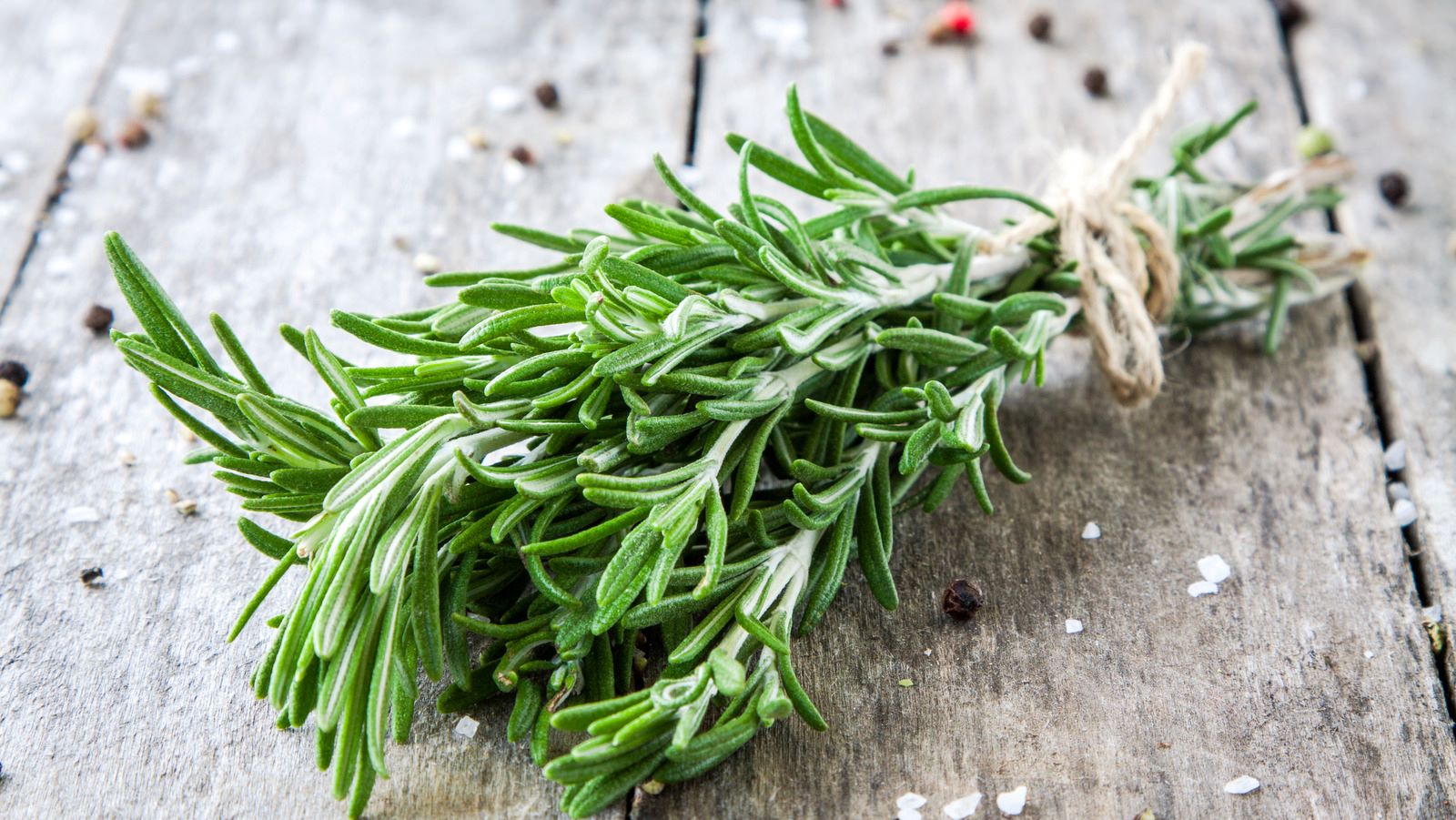
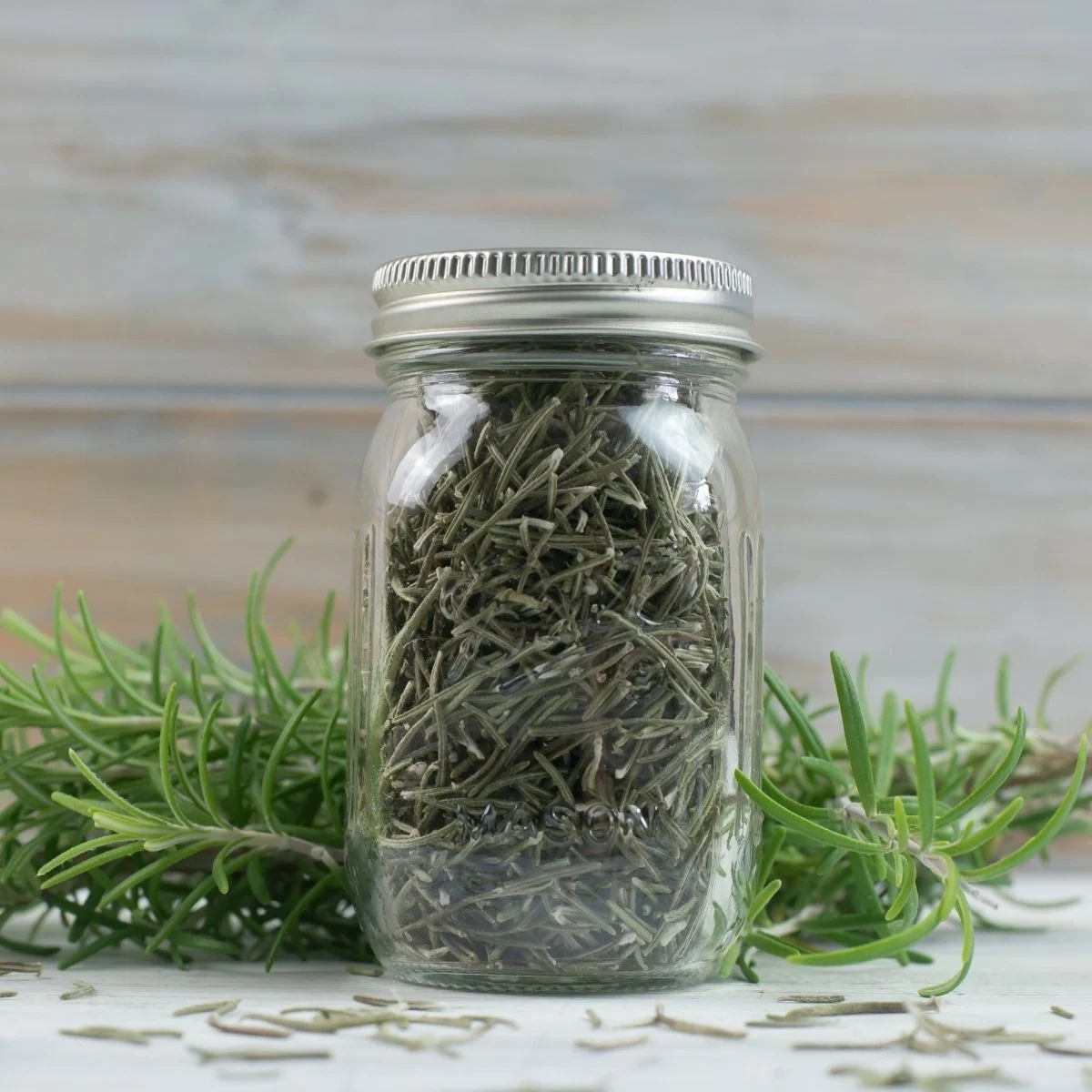

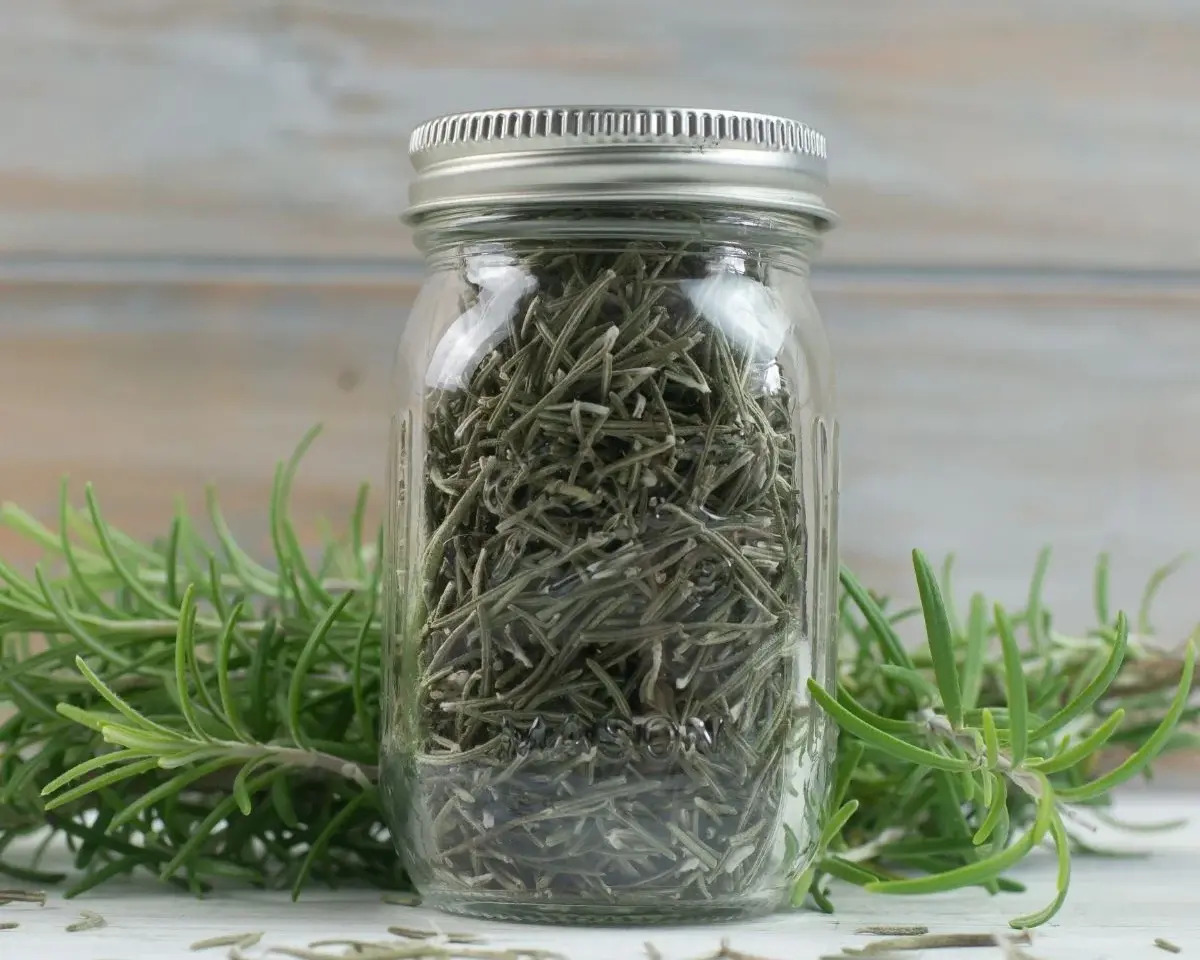
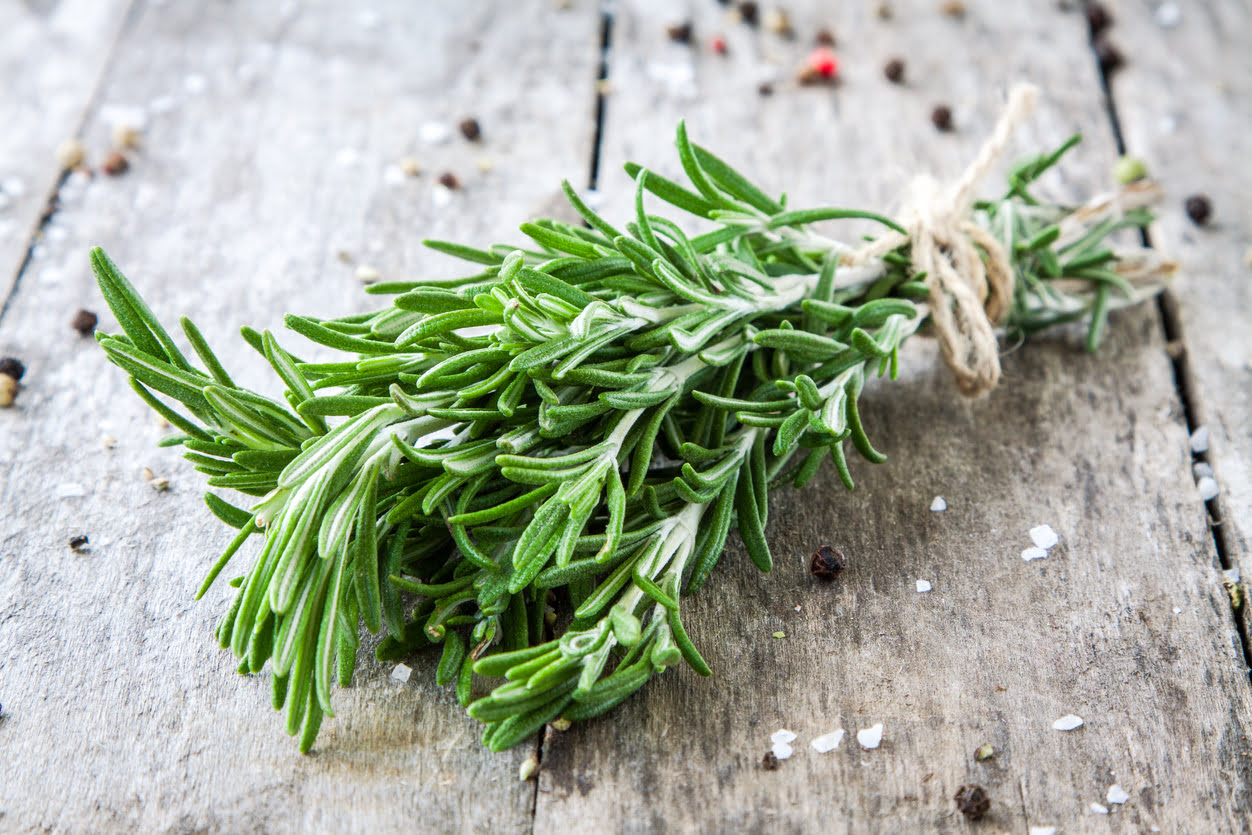
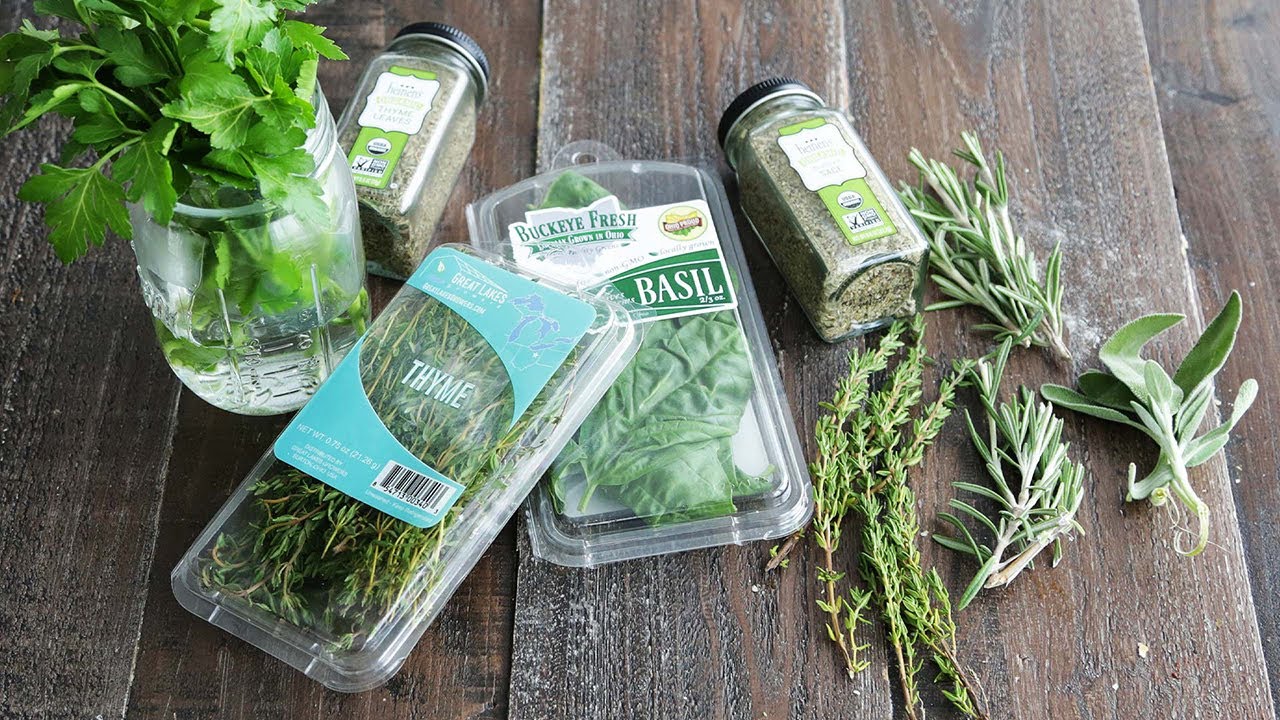



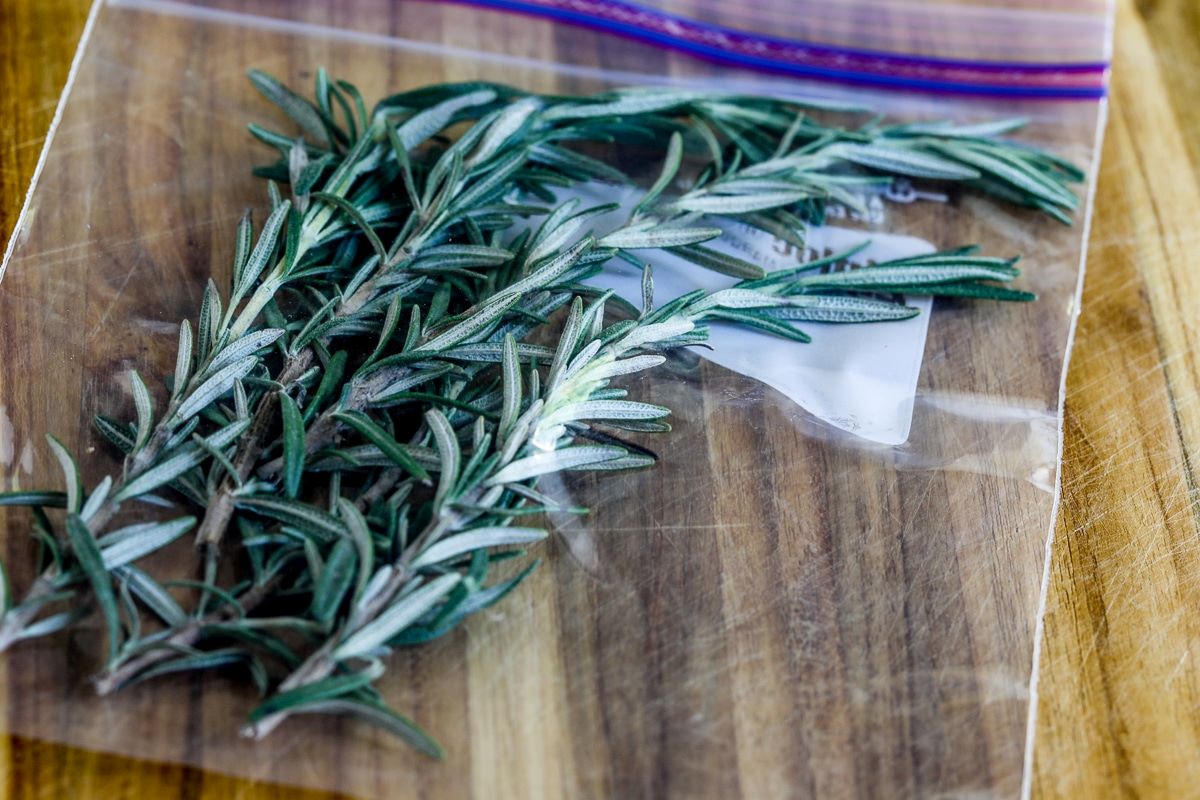

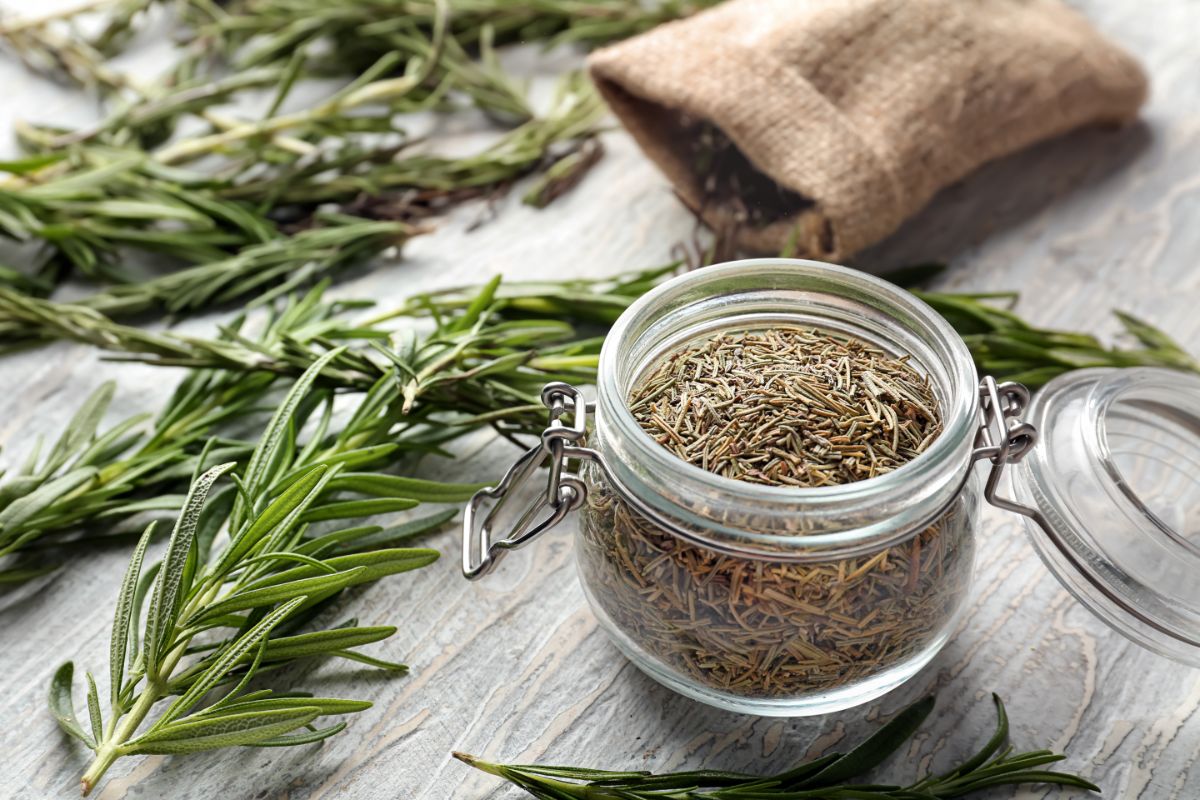

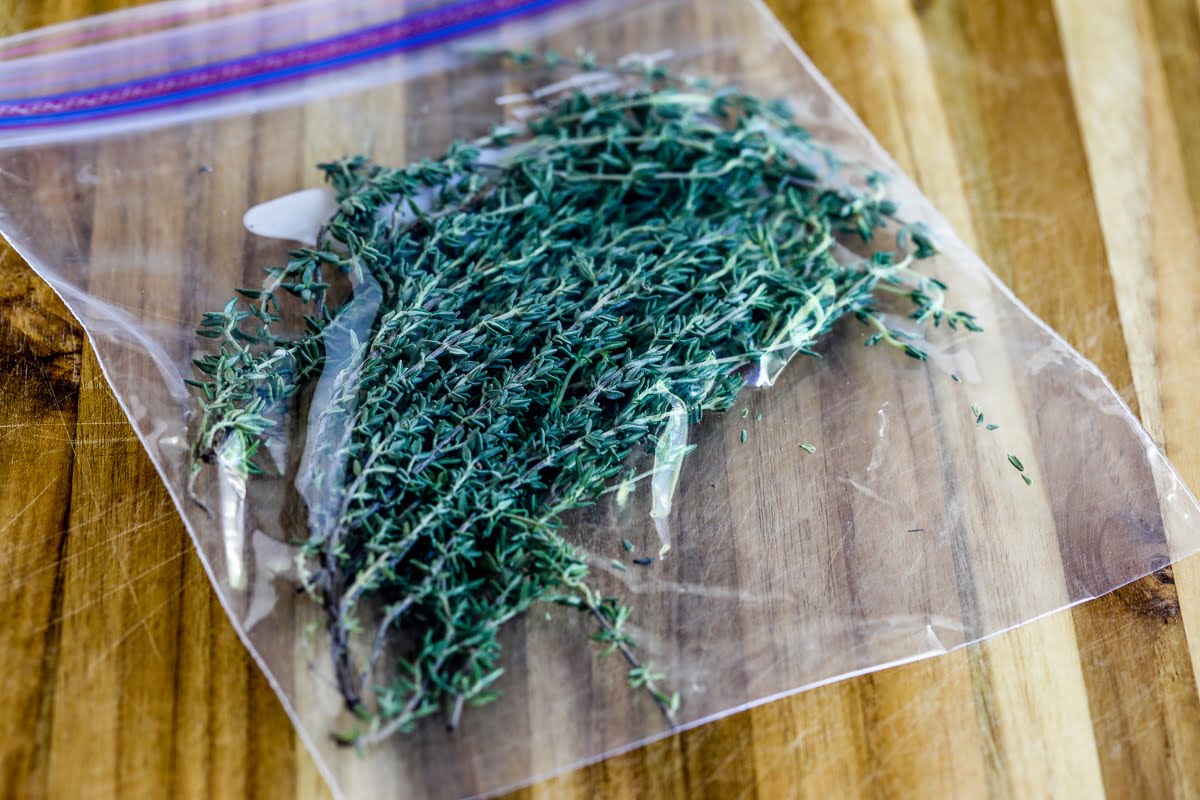

0 thoughts on “How To Store Rosemary Water”